People who love acne can regulate it by adjusting their diet, maintaining a regular daily routine, scientifically taking care of their skin, exercising moderately, and managing their emotions. Acne is usually caused by excessive sebum secretion, abnormal keratinization of hair follicles, bacterial infections, hormonal fluctuations, and genetic factors.

1. Adjust diet
Reduce intake of high sugar and high-fat foods, such as cakes, fried foods, etc., which may stimulate sebaceous gland secretion. Appropriately increasing carrots and spinach rich in vitamin A, as well as oysters and nuts rich in zinc, can help regulate skin metabolism. Maintain sufficient daily drinking water to help eliminate metabolic waste.
2. Regular sleep schedule
Ensure 7-8 hours of sleep every day and avoid staying up late, which can lead to elevated cortisol levels. Establish a fixed bedtime and avoid using electronic devices one hour before bedtime. Long term sleep deprivation may exacerbate skin inflammation and lead to recurrent acne outbreaks.
3. Scientific Skincare
Choose mild amino acid cleansing products to avoid excessive cleansing that damages the skin barrier. Oily skin can use skincare products containing niacinamide or salicylic acid to regulate water oil balance. Use clay cleaning facial mask 1-2 times a week, but avoid acne damage.

4. Moderate Exercise
Engage in 3-4 aerobic exercises per week, such as jogging, swimming, etc., to promote blood circulation and sweat excretion. Clean the skin promptly after exercise to avoid sweat mixed with oil blocking pores. Be careful not to exercise too much intensity to prevent stress hormones from exacerbating acne.
5. Emotional Management
Long term anxiety and tension can lead to the release of neuropeptide substances, stimulating sebaceous gland activity. Stress can be relieved through meditation, deep breathing, and seeking professional psychological counseling if necessary. Maintaining a positive mindset helps regulate the balance of the endocrine system.

Acne treatment requires multidimensional and long-term persistence. In addition to the above methods, it is recommended to avoid squeezing acne with hands to prevent infection and the formation of acne scars. Pay attention to regular disinfection of pillowcases and towels in daily life, and do a good job of physical sun protection when going out. If acne occurs repeatedly or accompanied by redness, swelling and pain, it is recommended to go to the dermatology department in time, and use retinoic acid cream, peroxybenzoyl gel or antibiotic ointment under the guidance of a doctor. In serious cases, professional treatment such as photodynamic therapy can be considered. Simultaneously record diet and daily routine logs to help identify individual triggering factors.

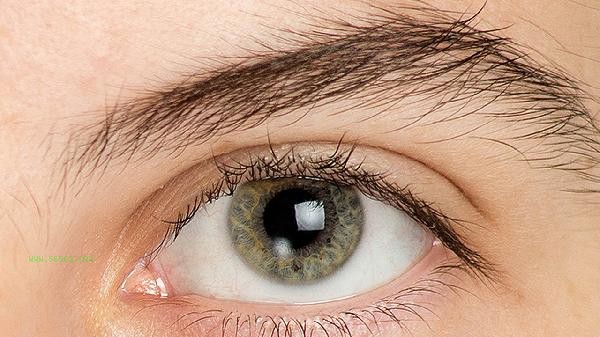
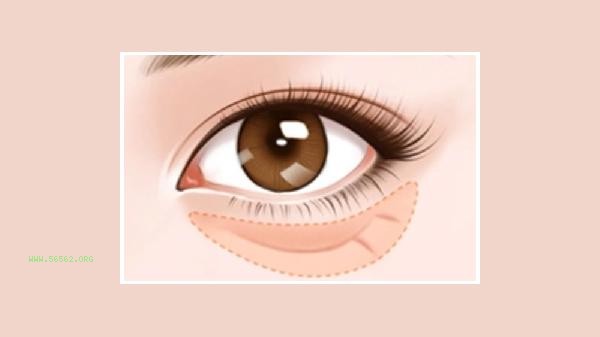
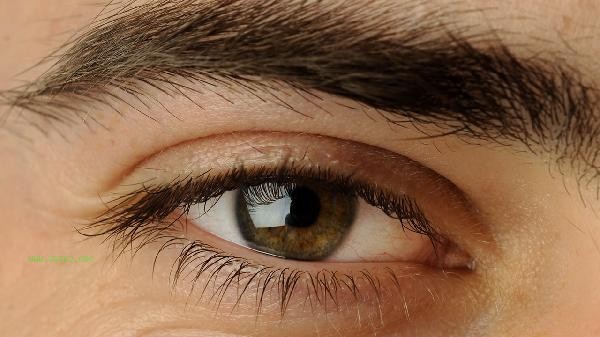
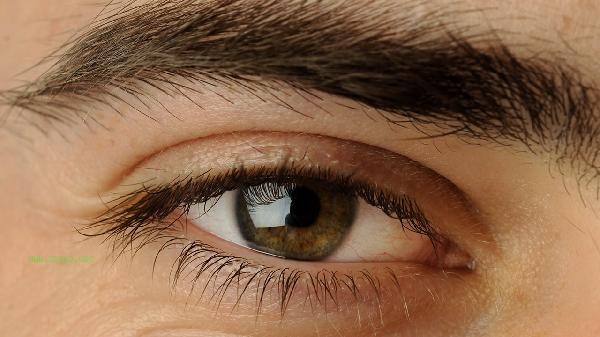
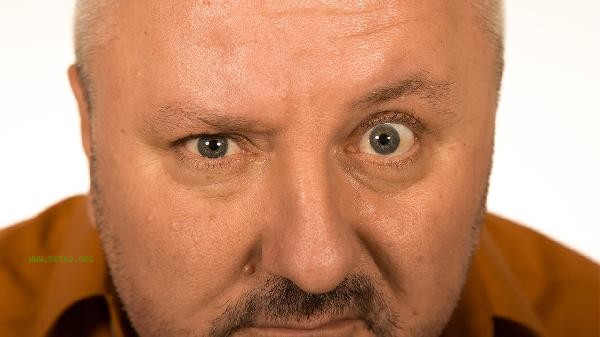



Comments (0)
Leave a Comment
No comments yet
Be the first to share your thoughts!